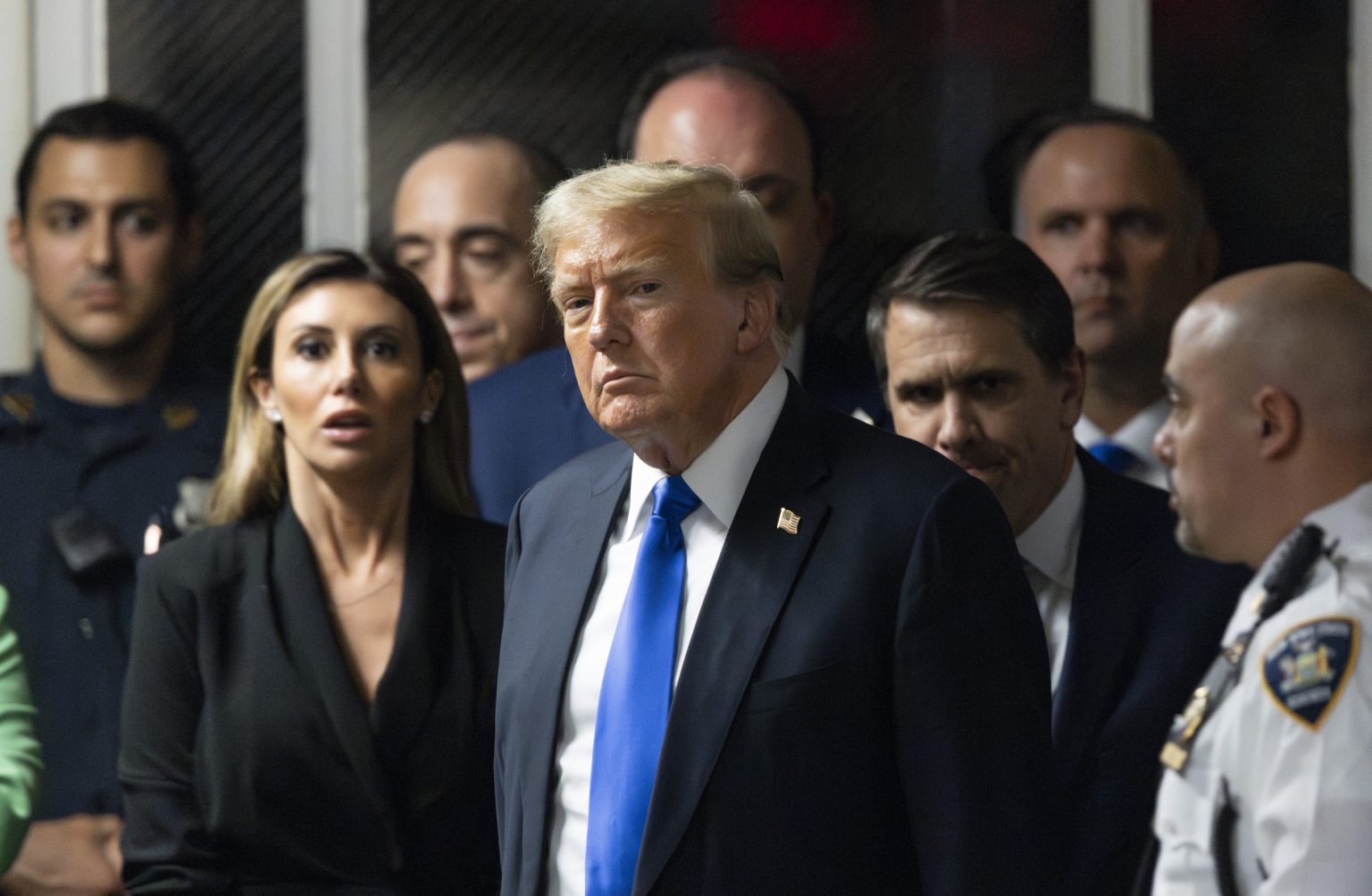David Cay Johnston, a biographer of Donald Trump, believes that the former president will be sentenced to at least 30 days behind bars following a guilty verdict in his Manhattan criminal hush money trial. The case, brought forward by Manhattan District Attorney Alvin Bragg, resulted in Trump being found guilty on 34 counts of falsifying business records related to a hush money payment made to adult film star Stormy Daniels before the 2016 presidential election. Trump has denied these allegations and claims the case is politically motivated while planning to fight the verdict and appeal if necessary. Johnston stated on MSNBC that Trump’s behavior throughout the trial and after the verdict may lead the presiding judge to issue a jail sentence.
Each of the 34 counts against Trump is a class E felony in New York state law, punishable by a fine and up to five years in prison. The sentencing is scheduled for July 11, just before the Republican National Convention, where Trump is the presumptive GOP presidential nominee. Merchan, the judge in the case, previously imposed a gag order on Trump barring him from making public statements about specific individuals involved in the case, which was later expanded to include the families of the judge and district attorney. Trump was fined for violating the order multiple times, and Merchan threatened jail time if the violations continued.
The prospect of imprisoning a former president raises several logistical questions, particularly regarding the provision of Secret Service protection as required by law. Legal experts have differing opinions on the likelihood of Trump receiving a prison sentence for a first-time nonviolent class E felony conviction. While many experts believe probation would be more likely for someone in Trump’s position, Johnston argues that the former president’s behavior throughout the trial may influence the judge’s decision. The ten instances of criminal contempt will also be considered during sentencing, with the possibility of jail time if Trump continues to violate the gag order.
Judge Michael J. Obus, who has overseen the court where Trump’s case was tried, emphasized the seriousness of the charges against the former president, given they relate to presidential election fraud. The convictions for multiple counts of falsifying business records and the criminal contempt incidents during the trial are factors that may weigh in on the sentencing decision. Obus highlighted the lack of remorse from Trump as a potential influence on the final ruling. The unprecedented nature of a former president facing imprisonment for a nonviolent felony charge would likely result in emergency motions and legal challenges in the event of a prison sentence.


